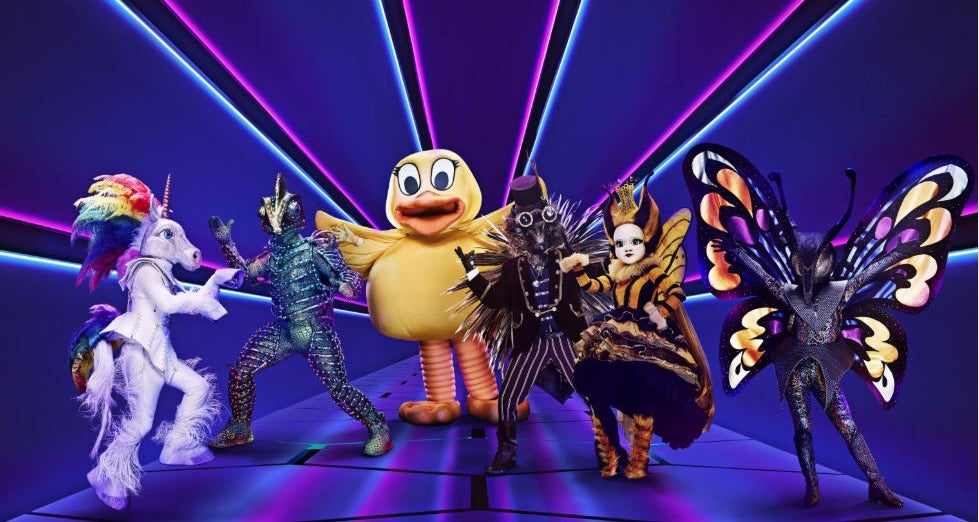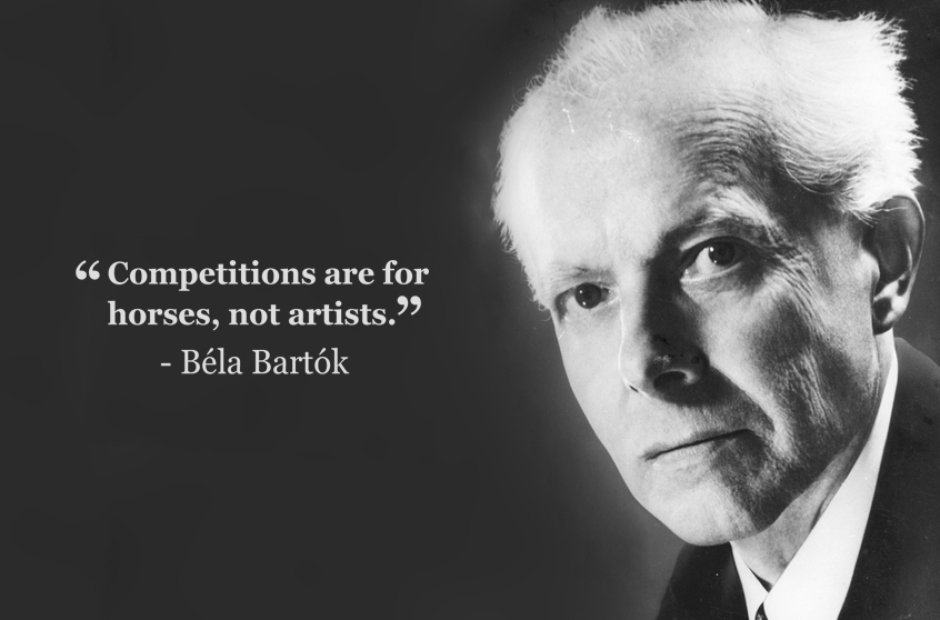I recently fast forwarded through the new “The Masked Singer” TV programme and it reminded me how much I hate such formats. Shows like “X Factor”, “American Idol” and “Britain’s got Talent” had some appeal initially, but increasingly the hype and manufactured backstories eclipsed any real musical skills. I am mystified as to why anyone would watch “The Masked Singer” but 5.5 million people watched the show for the first time in the UK. I fast forwarded though the whole horrible experience and noted that it was the same formula for shows like “The Voice” where there’s “a reveal” which is the main hook for the show. In this instance one “performer” from The Masked Singer is revealed at the end of the show.
I’m all for promoting new talent, but the more I look into these shows, the more I discover how they are not really about promoting music, but more pushing a pre packaged product. Yes, I appreciate that in any commercial undertaking any record company or business wants a return on its investment, but in my view these dumb down music and create delusional expectations for many artists. I also reliably heard that at least one artist was approached to go on one of these shows and assured he would be in the final group BEFORE he had even had an audition. The Masked Singer is another variation on the X Factor formula that seem to have captured the public’s attention, but I for one loath such shows .

Clearly I am in a minority, but I agree with the following quote below from Bela Bartok. The problem for me is that many such competitions are focused on generating money rather than promoting artistic development and expression.

Seen and heard it all before?
Another reason I hate such shows is that almost always the artists sing cover versions. I really don’t want to hear anyone else slaughter classic songs like “Hallelujah” unless they are on a par with Jeff Buckley, which of course never happens. This endless recycling of cover versions mostly not done well, continues the trend of dumbing down music, and reducing the opportunity to hear anything new. The talent shows have become so formulated that viewing numbers have significantly dropped in recent years as the publci has mostly seen and heard it all before. The shows are predictacle in the extreme and quite frankly pretty dull. The latest X Factor incarnation recorded its lowest ever ratings at just 2.95million during the first live show of the new Celebrity series. Ratings dropped from a 3.6 million peak to an all time low for the franchise, which began in 2004.
Of course this trend is not new and again I realise I am in a minority. I’ve been at niche music festivals where an audience is whooping over a performer doing “a quirky version” of a classic Bowie song, that I thought was terrible… However popularity does not in my opinion equate to good taste and lets remember even though there are 1,249 McDonald’s in UK, that doesn’t mean they serve what I would consider (in my biased opinion) the best food.
Great income for business but what about the artist?
Some artists that win talent competitions have reasonable careers, but many disappear out of sight once the hype has died down. How many X Factor winners can you remember? There have been 15 winners of the show to date: Steve Brookstein, Shayne Ward, Leona Lewis, Leon Jackson, Alexandra Burke, Joe McElderry, Matt Cardle, Little Mix, James Arthur, Sam Bailey, Ben Haenow, Louisa Johnson, Matt Terry, Rak-Su and Dalton Harris. Winners receive a recording contract with record label Syco Music with a stated value of £1 million. This includes a cash payment to the winner, but the majority is allocated to marketing and recording costs…
Since 2011 it has been thought that the act only gets an initial advance of £150,000 for their first album. If they manage to impress the label the advance rises to £237,500 for a second, £315,000 for a third, and £400,000 for a fourth. Of course “an advance” is essentially a loan against future earnings or pre payment of royalties.
Of these Little Mix and Leona Lewis are probably best known of course.
A Guardian article on this makes for interesting reading (excerpt below)
“News leaked that The X Factor has dropped the “£1m recording contract” top prize. Apparently this happened in 2009, but contestants were sworn to secrecy, so the change has only now come to light. The contracts this year’s finalists have been asked to sign give them an advance of “just” £150,000 for their first album, according to the Sun. The advances for the follow-up albums increase by just under £100,000 with every release, which means the act would have to release four albums to earn a million pounds. No act has so far managed to reach that point before being dropped.
That people are surprised by these revelations illustrates how the myth of the pop star life is still pervasive. As record sales have plummeted by almost 50% in the past decade, the advance most new artists can hope for, even from a major label, ranges between £75,000 and £150,000. If X Factor wannabes are still under the illusion that winning will make you a millionaire, they’re in for a surprise when they realise how record deals really work.“
Its not just the pop singing competitions that have problems
An interesting excerpt from The Daily Telegraph article on classic music competitions in 2014 –
The majority of music competitions are corrupt, Julian Lloyd Webber has said, as he warned that judges often collude to ensure victory for their preferred candidates. The internationally renowned cellist, who retired from playing in April, said it was an open secret among professional musicians that talent is not the deciding factor in most single-instrument contests. He claimed that many teachers used the competitions as a way to promote their own pupils.
“Everyone knows it, but no one says it, because when you’re in the profession, you don’t,” he told The Times. “There are obvious exceptions, such as BBC Young Musician of the Year, which is not corrupt at all, but you have these competitions for violins, cello, piano and it’s all about who you studied with.” Mr Lloyd-Webber said that favouritism was endemic to Britain, but the problem was with talent contests rather than industry awards such as the Gramophone Awards or the Classical Brits, which helped propel Vanessa Mae to stardom.
Artists used as marketing machines?
One UK business now promotes talent shows where performers pay to take part and then are tasked with marketing the live appearances. That sounds like a great business model for the host of the competitions, perhaps not for the artists. One such company asks artists to pay 10 pounds to apply and/or an additional 20 pounds for “priority application” They are then additional “marketing requirements” from the company towards artists…
This particular company advertises
“This singing competition attracts over 10,000 acts every year as it travels across the country in search for the UK’s best singers, singer/songwriters, rappers and vocalists”
its not hard to see that this is a lucrative business model. Yes, the argument can be made that the artists get good experience, but personally I would be wary of such methods.
Aa google search reconfirmed some interesting feedback from one artist. Make of this what you will. I have removed the name of the business, but for those interested its easy to find out who it is.
“Dear talent show
Thank you for your email.
By legal definition you may be a legitimate ‘talent show’ but you really ought to be more honest. This is a huge money making scheme. Having read your terms and conditions it seems you ask singers to pay £5 to enter your competition, charge successful singers a £30 deposit which is only refundable if they ‘turn up, make an effort and compete as asked’, and although not obligatory, you pressure successful singers to ‘try their hardest’to sell 25 tickets each.
I would not be surprised if pressure was also placed on singers to rent a crowd aka to bring lots of friends and family to each ’round’ at their personal expense and, if audiences were also encouraged to take part in expensive text message voting.
You say you are connected and have worked with the ‘likes of Sony, Warner and Universal Music’ but aside from Birdy, I haven’t heard of a famous singer whose success is attributed to you
That you emailed me asking me to ‘work’ for you as a talent scout is actually quite funny. Yes, I am extremely well connected both in London and Kent. As an established voice coach and choir leader I access 230 singers on a weekly basis. The contract you have asked me to sign asks me to openly publicise your competition by distributing the 1000 flyers you will send me, whilst recruiting singers to audition. The final reward for this is a commission of £100 for every 10 singers who successfully audition, £150 for every 15 singers and £200 for every 20 singers. Essentially, you are asking me to work for free on a commission basis with no guarantee of fair pay for my efforts. But primarily, you are masquerading this as an ‘opportunity’ to be a ‘talent scout’. It’s absolutely ludicrous!
But moving on and back to my comment about your approaching me being ‘funny’… As you will recall, I am quite connected, yes. And as I said before, I do have access to 230 singers each week of the year. I am also legitimately ‘connected’ and two of my students have signed record deals (they did not pay a fee to do this). I am, however, grateful that you contacted me as what I will now do is inform the 230 singers I teach on a weekly basis to not enter your competition.
In summation, you have taken the X Factor concept – an already exploitative competition – and turned it into a money-making scheme, whilst asking singing teachers to work on commission rates only, and poor ones at that.
I suggest that you take your competition and shove it up your arse.
Your sincerely,
Emily”
Of course this is just one view and there may well be others that have found such experiences to be of great value. Personally I’m not a fan, with heavy reliance on the performers to not only perform but also to market the event for free.
Final Thoughts
My biggest beef with talent shows and singing competitions is that they create delusional expectations for performers and does nothing to develop new creative talent. Instead “packages” artists to a specific template. Its a personal hate and of course many will disagree. That said, The Masked Singer seems in my view to be a new low in music TV shows. Such examples in my confirm that such shows really mostly benefit those running them and not the artists without whom they could not exist. I fully endorse Emily’s final comment on this matter that I couldn’t have put better myself.